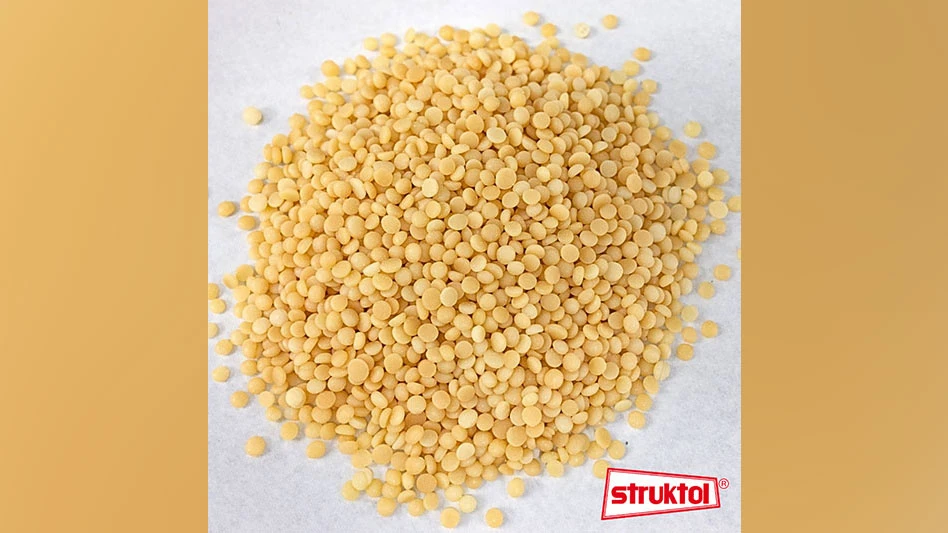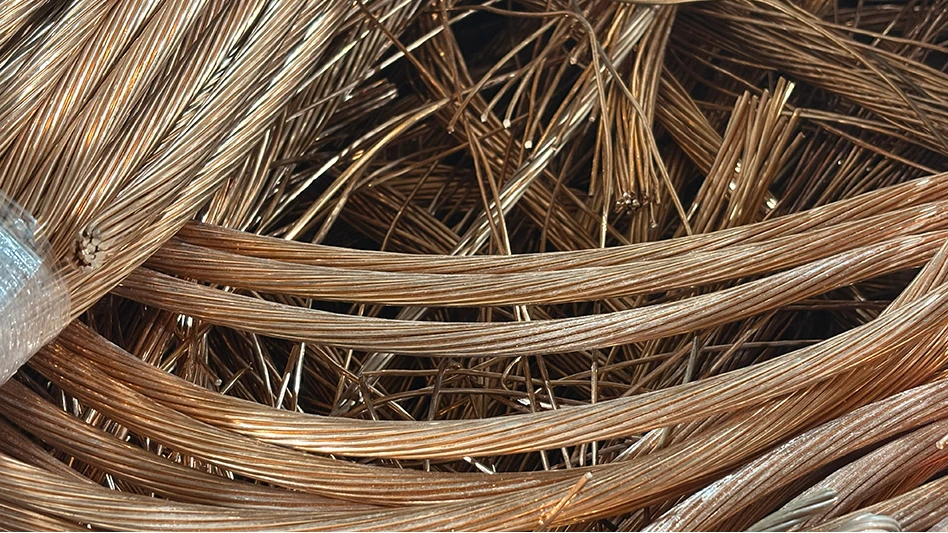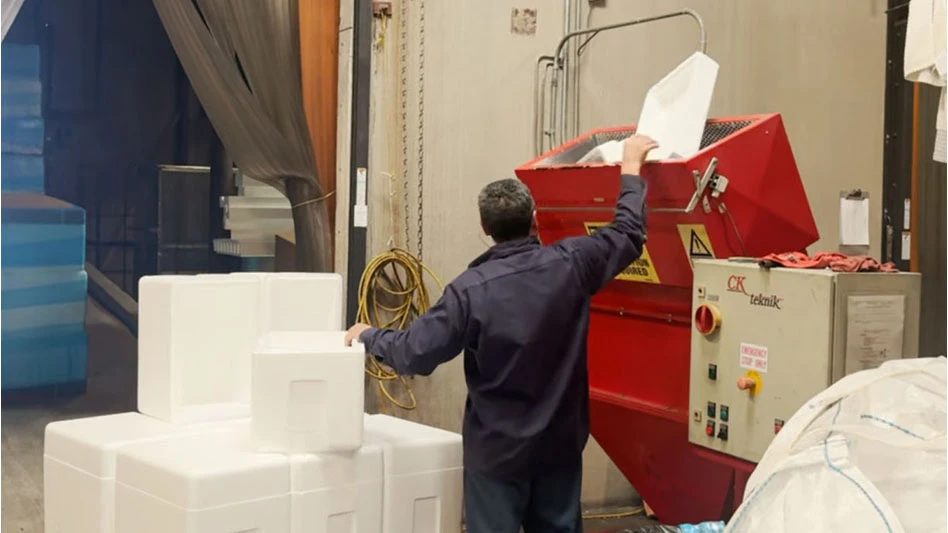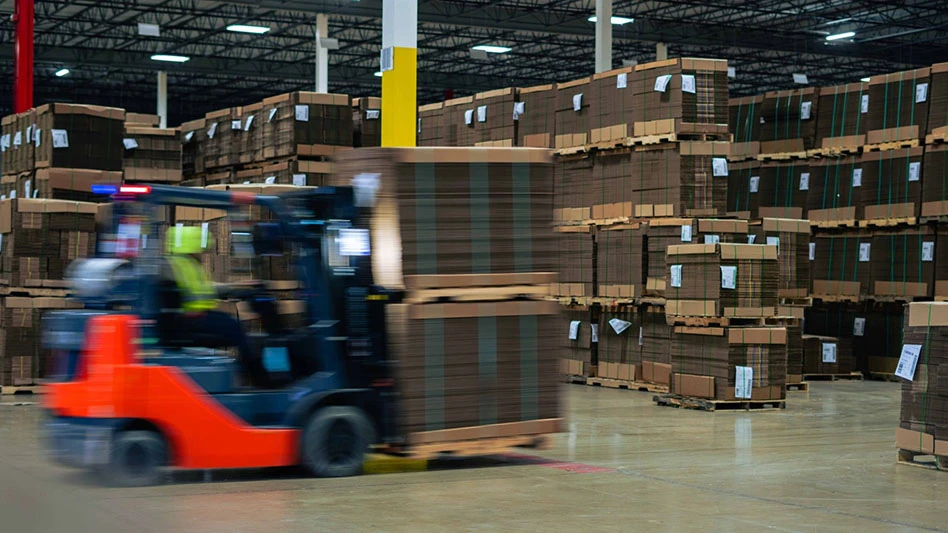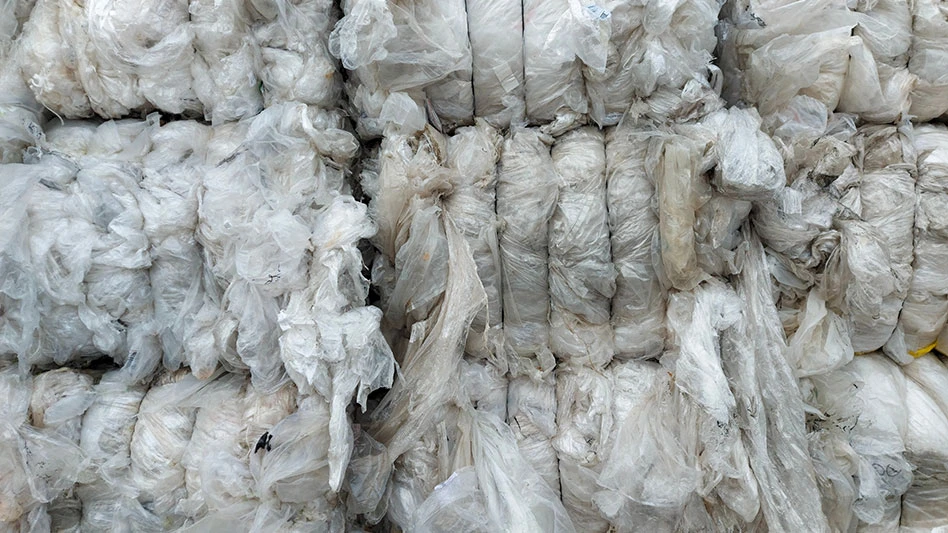Alyssa Knowlton
Project Coordinator at the Environmental Research & Education Foundation

Alyssa Knowlton
Alyssa Knowlton’s career path hasn’t been linear, with six years working in zoos and aquariums before transitioning to waste and recycling, but her interest in sustainability has been consistent.
As a student at the University of North Carolina at Chapel Hill, Knowlton majored in biology and minored in environmental studies and marine sciences. She accepted a role in the education department of an aquarium in North Carolina after graduation, focusing on leading informal conservation and sustainability education programs primarily aimed at teenagers.
Working with the public piqued her interest in human behavior as it pertains to sustainability, which eventually led Knowlton toward a graduate focus in environmental, social and governance and corporate sustainability.
”There are so many different opportunities for young professionals to get involved.”
Today, Knowlton works at the Raleigh, North Carolina-based Environmental Research & Education Foundation (EREF) as a project coordinator. In two years at EREF, she has worked on various projects, including an ongoing equipment statistics program and a report on fires in the materials management sector.
However, a project she’s most excited about involves grocery store packaging.
“We surveyed about 19 [grocery stores], and that meant going into the store and taking pictures of each of the shelves ... then taking all those pictures back and going item by item to identify what that grocery store product is and how many layers of packaging it has,” she says.
In the following interview, Knowlton discusses opportunities for technological advancements in material recovery facilities (MRFs) and career opportunities for young professionals in the recycling industry.
Recycling Today (RT): What new technologies are you hoping to see the industry embrace more?
Alyssa Knowlton (AK): As someone who didn’t come from a waste background, I am constantly surprised by the advancements. … One report ... I found really interesting was through Closed Loop Partners. They just released a report about small format plastic recycling, like water bottle caps or little plastic pieces you would see on a beauty product and retrofits you can make to a MRF to better capture these pieces of plastic that have largely been lost in the recycling stream and in markets. They’ll just get landfilled, or they’re seen as contamination in a glass recycling setting, and they’re trying to scale it at the moment and see the practicality of expanding this.
... Those types of advancements are really interesting because you’re not necessarily changing anything the industry is currently doing. … You’re just refining what we’re already doing to make sure we’re doing our best.
RT: How can the waste and recycling industry recruit more young professionals?
AK: I’m constantly surprised at how many different fields [are in this industry], from operations to administrative to support to the engineers who are needed for the waste and recycling industry to thrive. There are so many different opportunities for young professionals to get involved. Especially [in] research and development and AI [artificial intelligence] and machine learning—all of that is a really big space with younger generations as well. If you can incorporate that into what the waste and recycling industry is doing, it’s a really cool intersection.
At EREF, we have the opportunity to get to know and hear about the students who were given EREF scholarships and the work they are doing. … It’s so interesting to hear them be so interested in this space and be so technical and really be able to see that they do have a career in this [industry].

Explore the May 2025 Issue
Check out more from this issue and find your next story to read.
Latest from Recycling Today
- You have production scrap, WEIMA machinery processes it where it’s made
- CP Group, Cisek Inspections forge innovative X‑ray recycling alliance
- Regroup, CP Group unite for cutting-edge Halifax MRF
- Modern MRFs: AI, automation and safety, redefining recycling operations
- CalRecycle opens comment period on proposed SB 54 revisions
- 2026 Circular Steel Summit: Taking stock of tariffs
- CDRA Conference & Tradeshow 2026: Addressing battery fire risks
- Darda equipment now available in North America
